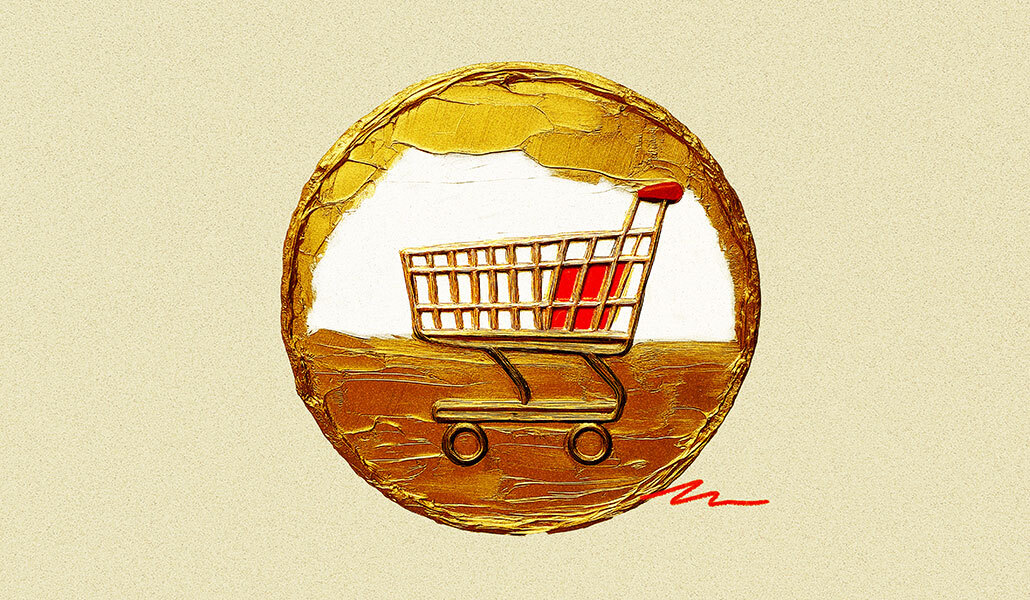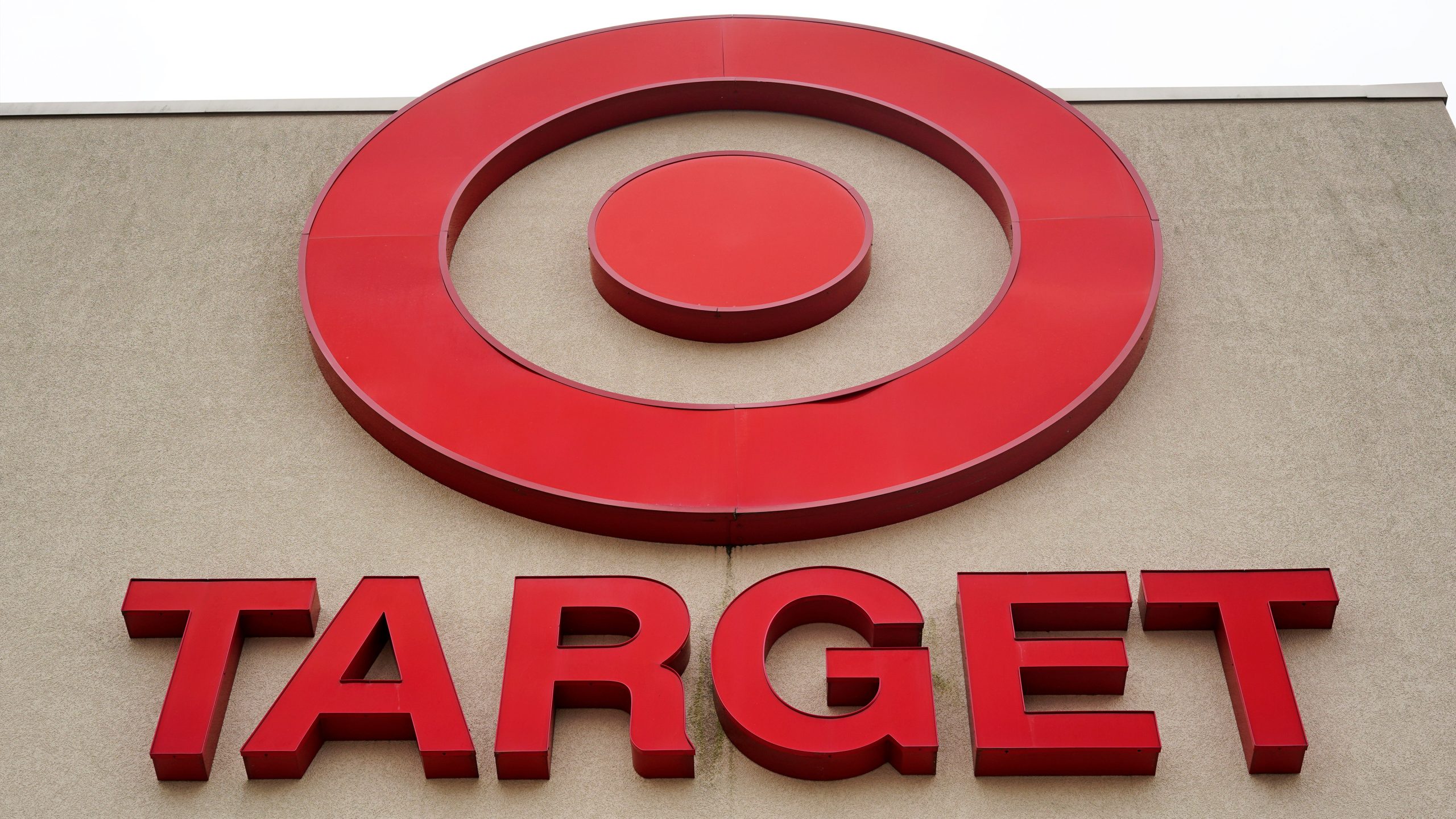Summary
* Blockchain can strengthen North Carolina agriculture by improving food safety, securing land records, and fostering rural innovation through trusted, tamper-proof data
* An agricultural regulatory sandbox would allow farmers, startups, and cooperatives to test blockchain solutions without heavy government barriers, positioning the state as a leader in agtech
* Entrepreneurial innovation, not subsidies, will drive adoption — with blockchain tools helping small farms compete in premium markets and strengthening agriculture through voluntary, market-based solutions
North Carolinas $111 billion agriculture sector is the backbone of our states economy. To stay competitive in a high-tech world, farms must embrace new tools. Blockchain — a secure, decentralized ledger — offers practical solutions: strengthening supply chain trust, protecting land records, and fostering rural innovation. With a light regulatory touch, North Carolina can lead in applying this technology to agriculture.
Farm-to-fork transparency and safety
Traceability is central to food safety. Outbreaks like the 2018 romaine lettuce recall show how hard it is to track contaminated products through disconnected records. Blockchain changes that by creating a shared, tamper-proof ledger across the supply chain. Walmart launched a pilot program in 2018 showing it could trace mangoes from store to farm in two seconds — a process that once took nearly a week. That speed saves lives and reduces waste.
For North Carolina, this means protecting and enhancing our agricultural brands. Our state grows, on average, 60 percent of Americas sweet potatoes and is a leader in pork and poultry. Blockchain could follow a sweet potato from Wilson County through washing, packing, and shipping, proving quality to buyers a
Source:
Exclusive AI-Powered News Insights (For Members only)
Disclaimer:This content is AI-generated from various trusted sources and is intended for informational purposes only. While we strive for accuracy, we encourage you to verify details independently. Use the contact button to share feedback on any inaccuracies—your input helps us improve!





